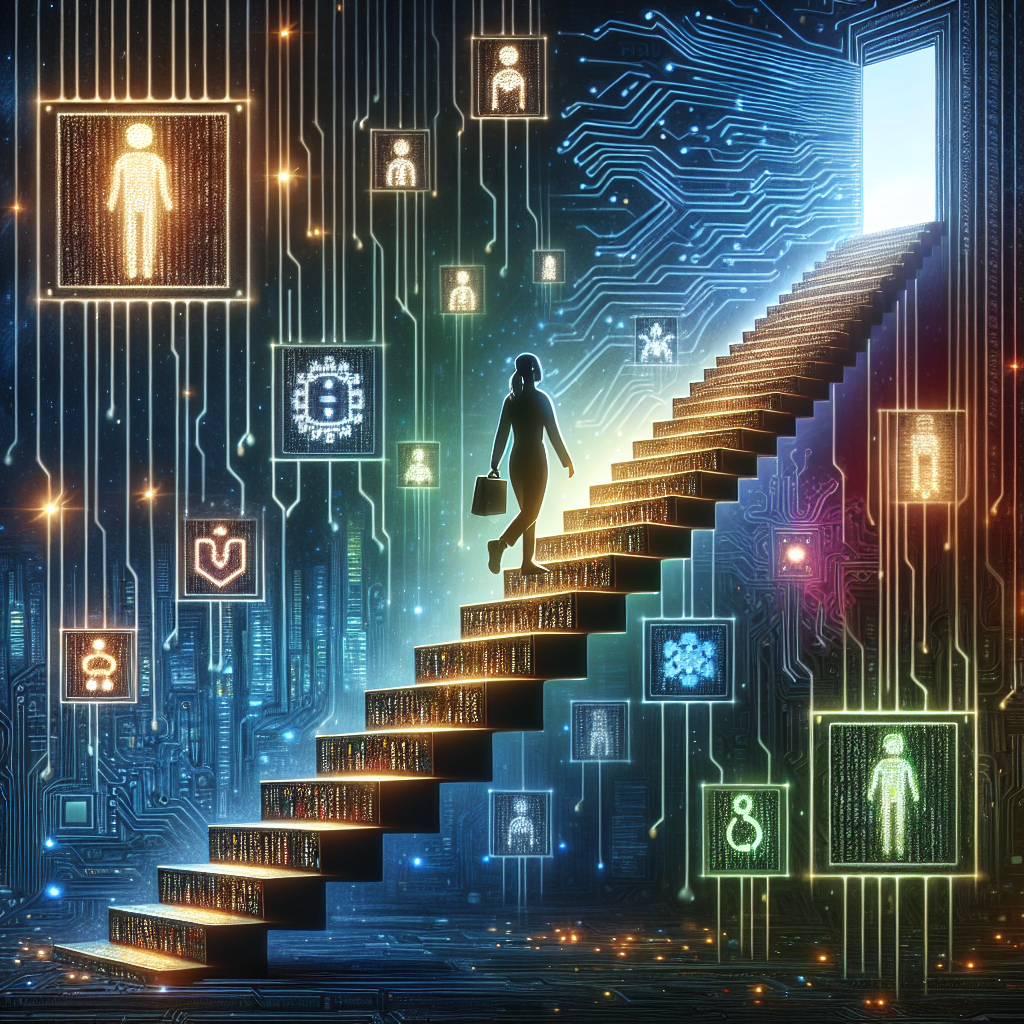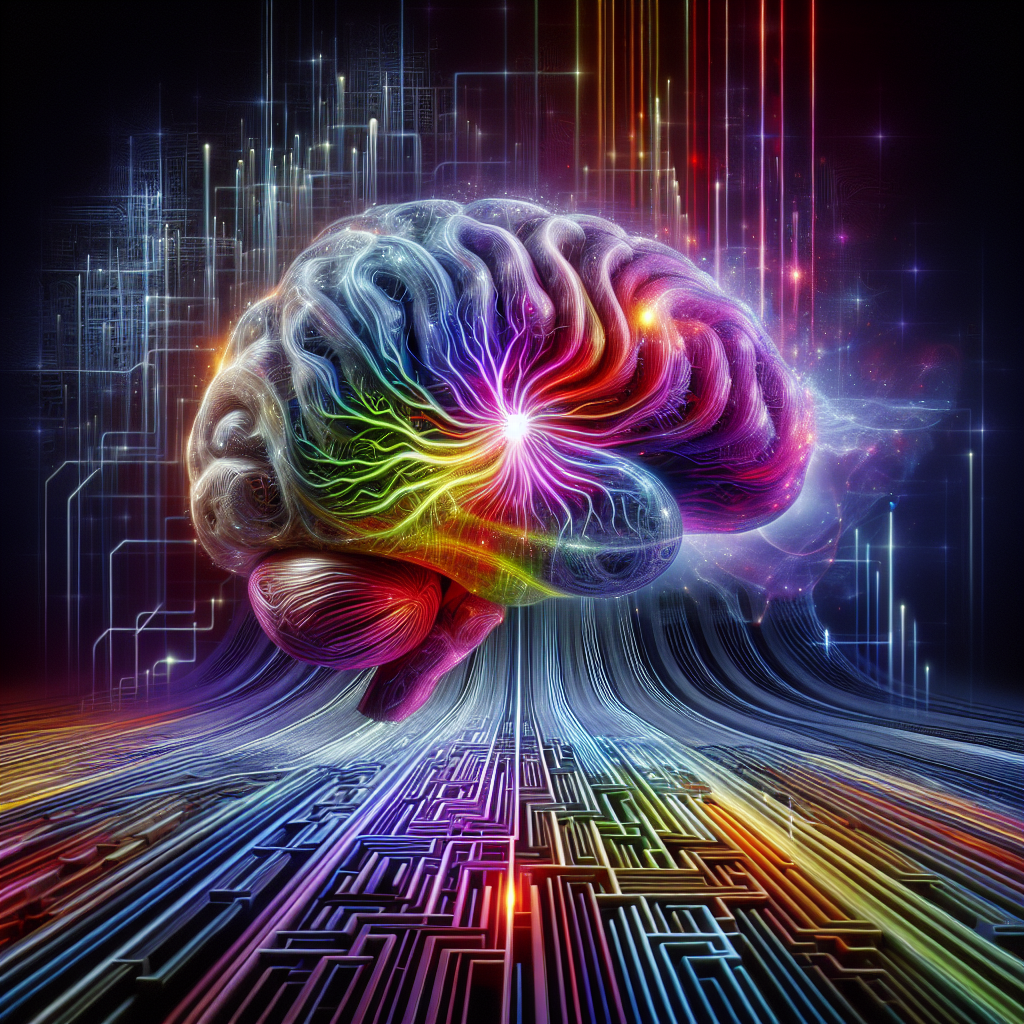Imagine waking up one day with the ability to code like a seasoned pro, tackling complex projects with ease and confidence. While we’re not quite in the realm of “The Matrix” yet, artificial intelligence is bringing us closer to this reality than ever before. In today’s fast-paced tech landscape, AI tools are revolutionizing the way developers learn and work, offering unprecedented opportunities for rapid skill acquisition. But how can you leverage these powerful allies to accelerate your journey from novice to expert? Let’s dive in.
The AI-Powered Learning Revolution: Your Personal Tech Mentor
Remember those late nights spent poring over documentation, desperately searching for that one elusive solution? AI is here to change all that. It’s like having a tireless, all-knowing mentor by your side, ready to guide you 24/7.
AI tools are transforming the software development landscape in ways we could only dream of a few years ago. They’re not just about automating tedious tasks or boosting productivity; they’re fundamentally changing how we learn and acquire new skills.
The Secret Sauce: AI’s Power in Skill Acquisition
- Personalized Learning Paths: Imagine an AI that understands your current skill level, learning style, and career goals. It then crafts a custom learning journey just for you, adapting in real-time as you progress. Tools like Codecademy’s personalized learning paths or DataCamp’s skill tracks are already leveraging AI to create these tailored experiences.
- Real-time Feedback: Gone are the days of waiting for code reviews or compiler errors. AI-powered tools like GitHub Copilot or Tabnine provide instant feedback, catching potential bugs and suggesting improvements as you type. It’s like having a senior developer looking over your shoulder, but without the intimidation factor.
- Access to Vast Knowledge Bases: AI can sift through mountains of documentation, Stack Overflow threads, and code repositories in seconds. Tools like Algolia’s AI-powered search or Google’s Bard can synthesize this information, providing concise answers to your coding questions.
Strategies for Leveraging AI in Your Software Development Journey
1. Embrace AI-Enhanced IDEs and Coding Assistants: Your New Best Friends
Modern Integrated Development Environments (IDEs) are no longer just text editors on steroids. They’re evolving into AI-powered coding companions. Tools like Visual Studio Code with its AI extensions, JetBrains’ IntelliJ IDEA, or Amazon’s CodeWhisperer are pushing the boundaries of what’s possible.
These AI assistants can:
– Autocomplete entire functions based on your coding style
– Suggest refactoring opportunities to improve your code’s efficiency
– Explain complex code sections, turning your IDE into an interactive learning tool
– Detect potential bugs and security vulnerabilities before they make it to production
Pro Tip: Don’t just copy-paste AI suggestions. Take the time to understand why the AI made those recommendations. It’s an opportunity to learn best practices and improve your coding skills.
2. Utilize AI for Code Review and Learning: Your Personal Code Critic
AI-powered code review tools are like having a team of experienced developers scrutinizing your code 24/7. Tools like DeepCode or Amazon CodeGuru can provide insights that go beyond simple style checks:
- Identify areas for improvement in your code’s logic and structure
- Suggest more efficient algorithms or data structures
- Highlight best practices and coding standards specific to your project or language
But remember, as one industry expert cautions, “It’s not easier than just writing the damn code by hand, I swear. For a real project, the learning curve is higher and requires greater skills in self-management to not get off course.” The key is to use these tools as learning aids, not crutches.
3. Leverage AI for Project Planning and Architecture: Your Virtual Software Architect
For novices, understanding how to structure a complex project can be overwhelming. AI can help break down these barriers. Tools like TeamDeck or Forecast use AI to assist in project planning, while others like Diagram or GitHub’s Copilot X can help with software architecture:
- Break down complex projects into manageable tasks
- Suggest optimal architectures based on your project requirements
- Provide insights into scalable and maintainable code organization
This AI-assisted approach helps novices gain a holistic understanding of software development, learning about different design patterns and best practices along the way.
The “Breadth-First” Approach: A Strategy for AI-Assisted Learning
One effective strategy for using AI in skill acquisition is the “breadth-first” approach. Here’s how it works:
- Use AI to sketch out the entire project structure without diving into detailed logic
- Leverage AI suggestions to wire up services and basic components
- Gradually fill in business logic and implementation details, using AI as a guide
This approach allows you to:
– Gain a holistic understanding of the project before getting lost in the details
– Identify knowledge gaps early and focus your learning efforts
– Build a working skeleton quickly, boosting motivation and providing a clear learning path
As one industry expert puts it, “So my project is basically built and tested, wired into services… The business logic may not be complete on the domain – this is the ‘breadth first’ approach, to focus on getting the whole project down so you can see and understand it yourself.”
Challenges and Ethical Considerations: Navigating the AI-Assisted Development Landscape
While AI tools offer immense potential for rapid skill acquisition, it’s crucial to be aware of the challenges and ethical implications:
- Over-reliance on AI: There’s a risk of becoming dependent on AI suggestions without understanding the underlying principles. Always strive to comprehend why the AI is making certain recommendations.
- Initial productivity dip: Expect a learning curve when integrating AI tools into your workflow. It may feel slower at first, but the long-term benefits are worth it.
- Quality control: AI-generated code isn’t infallible. Always review and test thoroughly, treating AI as a skilled junior developer whose work needs checking.
- Ethical implications: Consider issues like code ownership when using AI-generated code. Some companies have policies against using certain AI tools in their projects.
- Perpetuating biases: AI models can inadvertently perpetuate biases present in their training data. Be aware of this and strive for inclusive and ethical coding practices.
The Future of AI in Software Development: Preparing for the Next Wave
As AI continues to evolve, we can expect even more profound changes in software development. Here are some trends to watch:
- AI-driven architecture optimization: Future AI tools might suggest entire system architectures optimized for performance, scalability, and maintainability.
- Advanced bug prediction and prevention: AI could identify potential bugs before they’re even written, based on patterns in your codebase and development history.
- Natural language programming: The line between natural language and code may blur, with AI translating high-level descriptions into functional code.
- AI-assisted algorithm design: For complex problems, AI might suggest novel algorithms or optimize existing ones beyond human capabilities.
To prepare for this AI-driven future:
– Stay curious and open to new tools and techniques
– Focus on developing your problem-solving and architectural thinking skills
– Cultivate a deep understanding of computer science fundamentals
– Embrace lifelong learning as the pace of change accelerates
Conclusion: Embracing AI as Your Learning Companion
Leveraging AI tools for rapid skill acquisition in software development is not just a powerful strategy—it’s becoming a necessity in our fast-paced tech landscape. By embracing AI-enhanced IDEs, utilizing AI for code review and project planning, and adopting approaches like the breadth-first method, you can accelerate your journey from novice to expert.
Remember, the goal isn’t to replace your skills with AI, but to enhance them. Use AI as a powerful learning aid, always striving to understand the underlying principles and logic. With practice and persistence, AI can become an invaluable ally in your continuous learning and development as a software professional.
The future of software development is a collaborative dance between human creativity and AI capabilities. By mastering this partnership early, you’re not just keeping up with the industry—you’re positioning yourself at the forefront of the next software revolution. So, are you ready to embrace your AI learning companion and supercharge your development skills?


